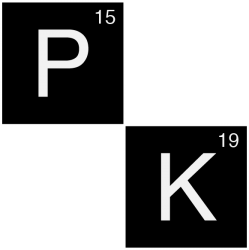“Adaptation of the dosage regimen in function of the clinical characteristics of the individual, aiming to achieve the best possible therapeutic efficiency at the lowest risk of unwanted effects”
Description
The objective of drug therapy is to produce, the desired therapeutic effect, with the highest chance and minimum toxic effects.
As described, the dosage regimen must be first adapted to the patient’s characteristics and comorbidities. This initial adaptation realizes a priori individualization. After initiating therapy, the patient’s response to the drug must be evaluated and the dosage regimen further adapted in case of ineffective therapy or appearance of undesirable effects. In selected circumstances, the follow-up of an effect marker may improve the monitoring of treatment. Adaptation in response to such feedback information realizes the a posteriori individualization.
The reasons for failure of drug treatment can drive from physiological inter-individual variation of pharmacokinetic parameters, which cannot always be evaluated prior to initiation of drug therapy (e.g. genetic metabolic differences). Other causes of treatment failure are variation in response due to inter-individual differences in pharmacodynamics (e.g. sensitivity towards the drug), including drug tolerance (diminished pharmacologic responsiveness to the drug). Disease states can further alter the response to drugs, and draw attention to dosage individualization.
Clinical implications
A priori individualization must be considered each time a drug treatment is introduced. After initiating drug therapy, the desired response (e.g. analgesia) and the appearance of undesirable effects (e.g. sleepiness) should be evaluated for each patient. If these features are not satisfactory, an alteration of the dosage regimen should be discussed.
For some drugs, it is standard practice to monitor surrogate markers (e.g. prothrombin time) for evaluating the effectiveness of therapy. For drugs with a narrow therapeutic window having no such effect marker easily followed, regimens can be personalized using Therapeutic Drug Monitoring (TDM).
Related terms
Therapeutic Drug Monitoring (TDM): In TDM, drug plasma or blood concentration is measured and the regimen is adapted until the plasma concentration is brought into a predefined therapeutic range.

